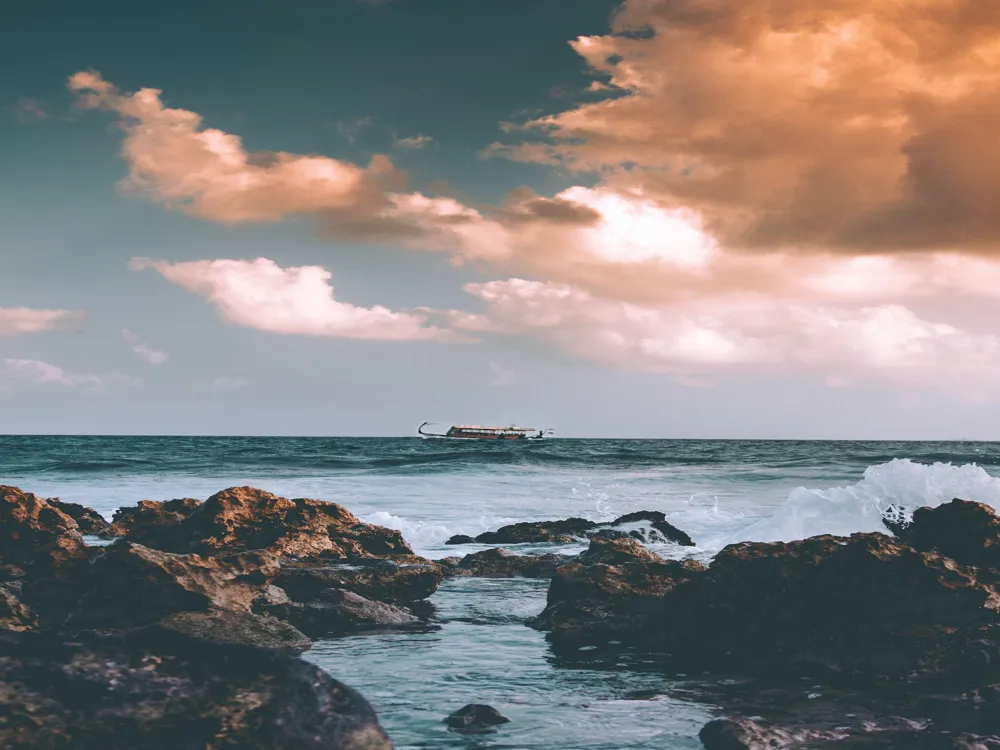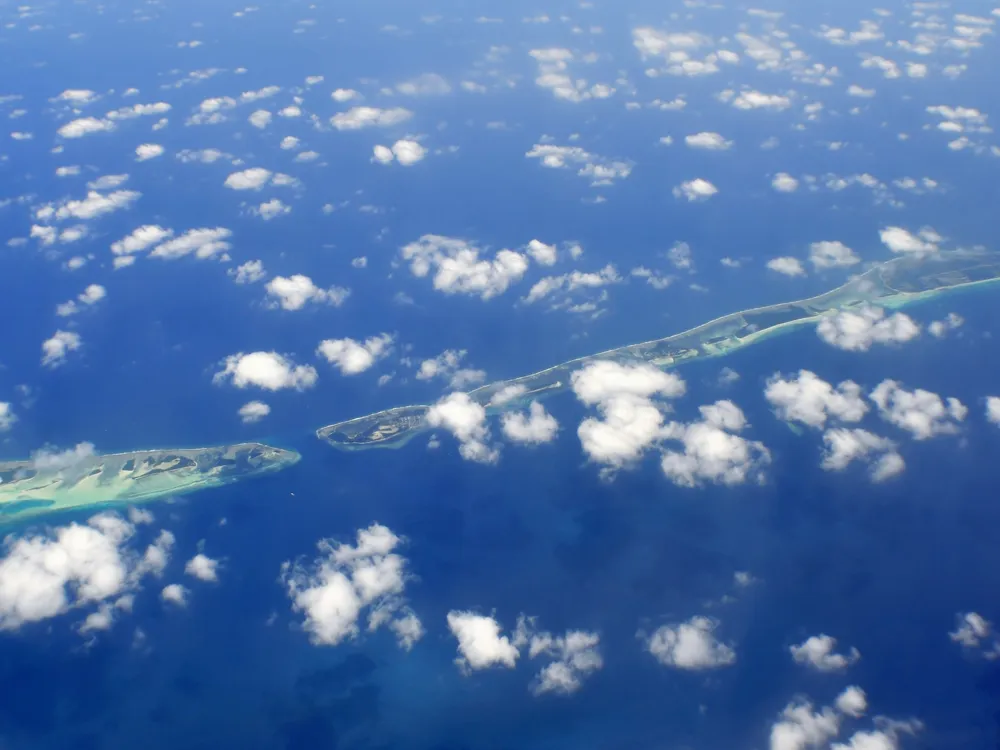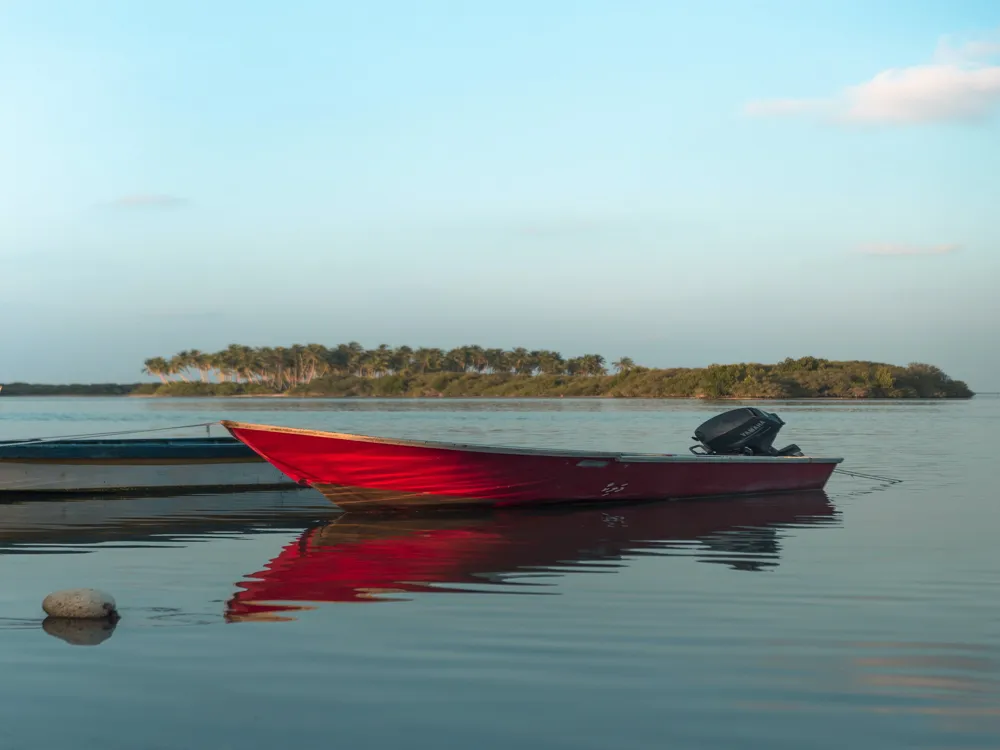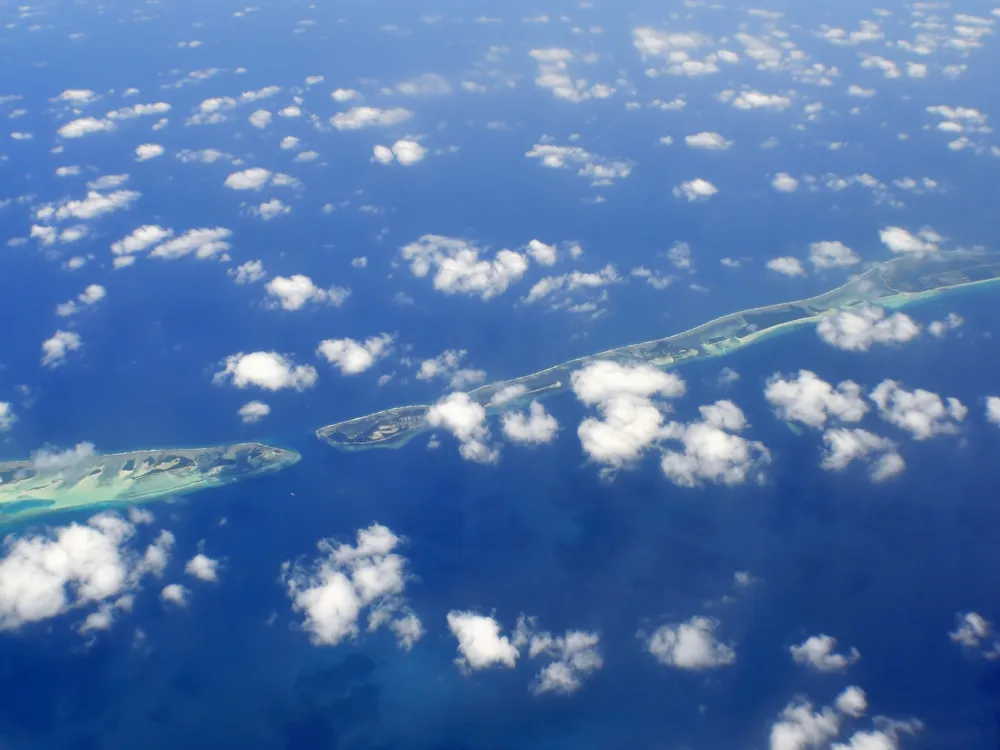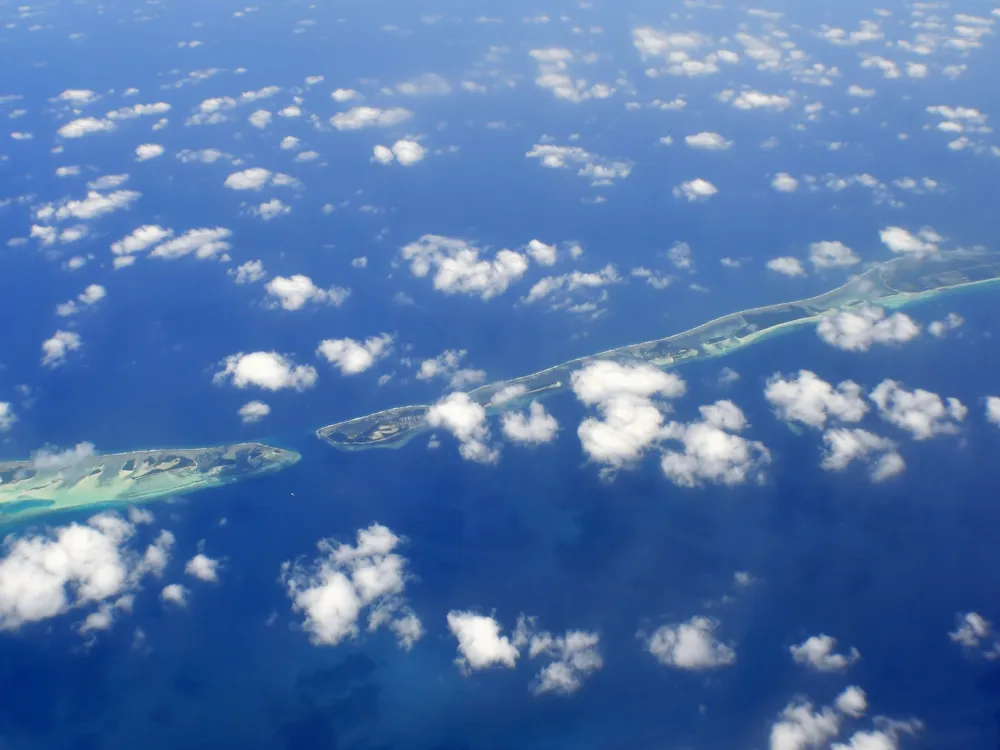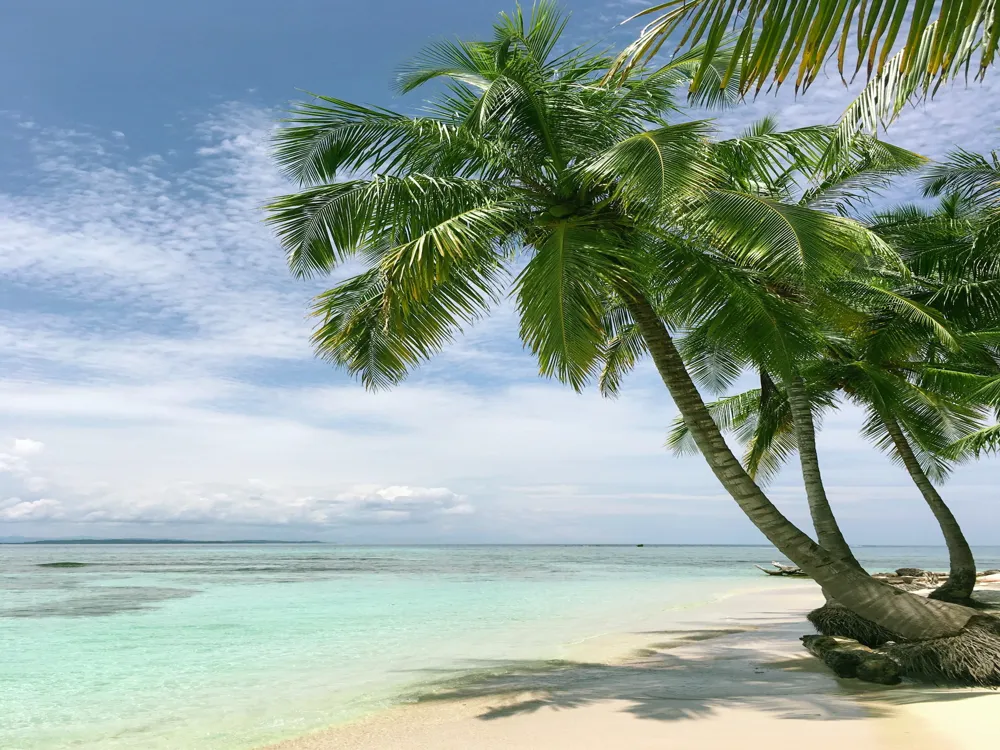The Mulee'age Palace, an emblem of the Maldives' rich history and cultural heritage, stands as a prominent landmark in the heart of Malé, the bustling capital of the Maldives. This exquisite palace, built in the early 20th century, initially served as the residence for Sultan Muhammad Shamsuddeen III. It later transformed into the official residence of the President of the Maldives. The Mulee'age Palace, with its unique blend of Maldivian and colonial architecture, has witnessed significant historical events and transitions in the Maldivian governance system. The palace's architecture, a harmonious blend of traditional Maldivian craftsmanship and influences from British colonial styles, reflects the nation's transition during the 20th century. This building's foundation is deeply rooted in the Maldives' history, having been a silent witness to the transformation from a Sultanate to a modern republic. Today, the Mulee'age Palace is not just a symbol of political power but also a testament to the Maldives' journey through time, encompassing centuries of history, culture, and architecture. Visitors to Mulee'age Palace are often captivated by its serene ambiance, which contrasts sharply with the surrounding urban landscape of Malé. The palace is nestled amidst lush green gardens, providing a tranquil oasis in the midst of the city's hustle and bustle. The Mulee'age Palace, with its rich history and stunning architecture, is a must-visit destination for anyone interested in the cultural and historical fabric of the Maldives. The Mulee'age Palace's architectural design stands out as a unique amalgamation of Maldivian and British colonial influences, making it a remarkable example of cross-cultural architectural synthesis. The palace's design reflects the socio-political changes in the Maldives during the early 20th century, showcasing a blend of traditional Maldivian building techniques with Western architectural elements. The palace's structure is primarily made from coral stone, a traditional building material in the Maldives, known for its durability and natural beauty. The use of coral stone not only highlights the Maldivian architectural heritage but also demonstrates the ingenuity of local craftsmen in utilizing indigenous materials. The intricate carvings on the coral walls, featuring floral and geometric patterns, are a testament to the exceptional skill and artistry of Maldivian artisans. One of the most striking features of the Mulee'age Palace is its roof, which showcases a blend of Maldivian thatching techniques and British colonial-style roofing. The steeply pitched roof, covered with finely woven coconut palm thatch, is a nod to traditional Maldivian architecture. In contrast, the symmetrical layout and the use of large, glass-paned windows are reflective of British colonial architectural influences. The interior of the Mulee'age Palace is equally impressive, featuring high ceilings, ornate woodwork, and elegant furnishings. The blend of Maldivian and British colonial styles is evident in the interior design, with traditional Maldivian motifs and patterns complementing the Western-style furniture and decor. The palace's layout is designed to maximize natural light and ventilation, creating a comfortable and inviting atmosphere. As the Mulee'age Palace is a site of significant cultural importance, visitors are advised to dress modestly. It's recommended to wear clothing that covers shoulders and knees out of respect for the local customs and traditions. Visitors should be mindful of the palace's historical and cultural significance. Maintaining decorum, avoiding loud noises, and respecting the site's sanctity is essential for preserving the atmosphere of reverence. While photography is allowed in some areas of the Mulee'age Palace, there may be restrictions in certain sections. It's advisable to check with the palace authorities or guides regarding photography permissions. To gain a deeper understanding of the palace's history and architecture, consider taking a guided tour. Knowledgeable guides can provide valuable insights into the palace's past and its significance in Maldivian history. The Mulee'age Palace has specific visiting hours, which may vary. Before planning your visit, it's recommended to check the latest opening hours and days when the palace is open to the public. Reaching Mulee'age Palace in Malé, Maldives, is relatively straightforward, given the compact nature of the city. The palace is located in the central part of Malé, making it easily accessible by various modes of transportation. Visitors can opt for a taxi or use local public transportation to reach the palace. For those staying in resorts on other islands, a speedboat or ferry transfer to Malé followed by a short walk or taxi ride will bring you to the Mulee'age Palace. It's advisable to plan your trip in advance, considering the ferry or speedboat schedules. Read moreOverview of Mulee's Palace
Architecture of Mulee'age Palace
Tips When Visiting Mulee'age Palace
Dress Appropriately
Respect the Palace's Sanctity
Photography Restrictions
Guided Tours
Check Opening Hours
How To Reach Mulee'age Palace
Maldives Tourism
Best Time to Visit Maldives
How to Reach Maldives
Things To Do Maldives
Mulee'age Palace
Maldives
₹ 34,250 onwards
View maldives Packages
Weather :
Tags : Historical Site
Timings : Day Time
Entry Fee : Free
Planning a Trip? Ask Your Question
Also Refered As:
Muliaage
Maldives Travel Packages
View All Packages For Maldives
Top Hotel Collections for Maldives

Private Pool

Luxury Hotels

5-Star Hotels

Pet Friendly
Top Hotels Near Maldives
Other Top Ranking Places In Maldives
View All Places To Visit In maldives
View maldives Packages
Weather :
Tags : Historical Site
Timings : Day Time
Entry Fee : Free
Planning a Trip? Ask Your Question
Also Refered As:
Muliaage
Maldives Travel Packages
View All Packages For Maldives
Top Hotel Collections for Maldives

Private Pool

Luxury Hotels

5-Star Hotels

Pet Friendly







